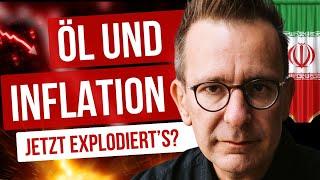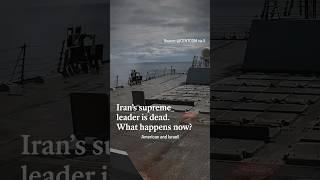| As heatwaves become more frequent (https://www.economist.com/leaders/2024/06/26/simple-steps-to-stop-people-dying-from-heatwaves) and intense, they exacerbate existing inequalities. The poor, sick and elderly are particularly vulnerable. How should governments respond? Universities depend on the high fees international students pay. Now Indian scholars are replacing (https://www.economist.com/international/2024/06/20/brainy-indians-are-piling-into-western-universities) the diminishing flow of Chinese ones (10:00). And full-body deodorant is all the rage (https://www.economist.com/business/2024/05/23/americans-are-fretting-over-their-body-odour): find out if you should be using it (16:15). Listen to what matters most, from global politics and business to science and technology—Subscribe to Economist Podcasts+ (https://subscribenow.economist.com/podcasts-plus) For more information about how to access Economist Podcasts+, please visit our FAQs page (https://myaccount.economist.com/s/article/What-is-Economist-Podcasts) or watch our video () explaining how to link your account. Hosted on Acast. See acast.com/privacy (https://acast.com/privacy) for more information. |
Tags: Featured,newsletter




































2 pings